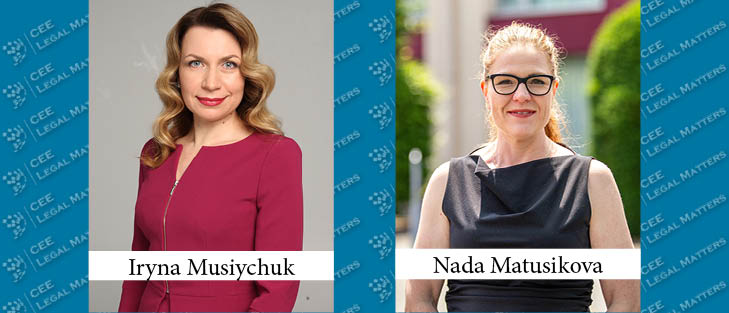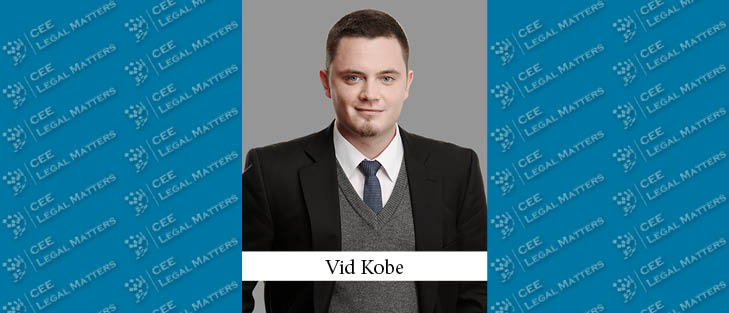While reading an article from the Nov/Dec 2020 issue of the Harvard Business Review, I had the distinct impression that someone had read my mind. The article dealt with a study conducted by Christine Exley and Judd Kessler on the subject of self-promotion among men and women, which the researchers believed to be an understudied behavior that could have important implications for labor market outcomes.
According to the research, which involved over 4,000 participants, whenever asked to evaluate their own performance – whether in the course of recruitment or during annual development discussions – women consistently assess themselves 33% harsher than men. This finding held true across several experiments, showing that women’s self-evaluations were significantly lower than those of equally capable men, irrespective of actual test results.
Mind the (Gender) Gap
The test results as such were of little interest to the researchers since, as they remarked on multiple occasions, the participants were equally matched. Instead, the study was meant to examine the subjective evaluation of those results by men and women.
The participants were judged on three aspects: (1) confidence, or how many questions they thought they answered correctly; (2) performance, or how well they actually did on the test; and (3) self-promotion, gauged by their answers to subjective questions about their abilities (for instance, the extent to which they agreed with the statement “I performed well on the test”). The researchers found that women invariably underestimated their own performance, while equally performing men did the exact opposite, thus creating a gender gap.
The researchers struggled to provide a clear-cut explanation for their findings. However, during the research itself, they took great pains to eliminate incentives to exaggerate performance (with the gender gap persisting whether or not the participants were told that their self-evaluations would be disclosed to a prospective employer). Bizarrely enough, the female participants – unlike their male counterparts – tended to underestimate their results even after being informed of their absolute and relative performance and once all financial consequences of such self-evaluations had been eliminated. On the other hand, the gap disappeared the moment the participants were asked to evaluate anyone other than themselves, suggesting that it is specifically driven by self-evaluation.
Change the System (or the Women)?
As one might expect, the researchers concluded that since self-evaluation could be distorted by gender bias, people making recruitment decisions or choosing whom to promote should ignore them in favor of more objective performance metrics. The researchers believe that, regardless of how it sounds, the most effective approach would be to “change the system” rather than “change the women,” possibly by decreasing the importance of self-evaluation in education and at work.
Having reviewed the researchers’ findings, it would be – objectively speaking – difficult to disagree with their recommendations. On the other hand, their conclusions arguably boil down to stating that whatever the candidate thinks of her own performance is of secondary importance since, as a rule, she will downplay her achievements relative to an equally capable colleague. This approach seems particularly perverse, if not downright derogatory, from the perspective of women striving to advance their careers and working hard to ensure equal treatment when it comes to hiring decisions and opportunities for promotion.
Take the Initiative
I have conducted many job interviews that felt like a live version of this very experiment. Quite a number might not have happened at all because the candidate had felt so unprepared for the challenge that she had considered withdrawing her application or not applying in the first place – something unheard of among male colleagues. If asked to interview two candidates with similar background for the same position, it is a safe bet that the female candidate will focus on her supposed inadequacies, while her male colleague will not breathe a word of his own shortcomings.
As a lawyer and managing partner, simultaneously refusing to accept the status quo and very much aware of the fact that I have a lot of work to do in this regard myself, I would nevertheless suggest that “changing the women” is a better solution and that female candidates would do well to take the results of Exley and Kessler’s research to heart and learn from it by showing more initiative and taking the matter of their self-evaluation and self-promotion into their own hands.
By Agnieszka Pytlas, Managing Partner, Penteris
This Article was originally published in Issue 8.3 of the CEE Legal Matters Magazine. If you would like to receive a hard copy of the magazine, you can subscribe here.
















